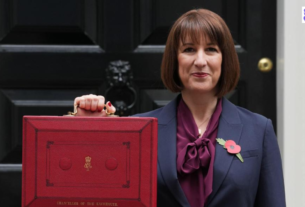A proposal to bring cats into the Palace of Westminster to help control a growing rodent problem has been officially turned down, despite the idea gaining some support among MPs. The suggestion came from MP Anne McIntosh, who raised concerns about mice overrunning parts of Parliament, particularly in food preparation areas. She cited the example of Larry, the famous Downing Street cat, who has become a symbolic yet effective rodent deterrent. Even Battersea Dogs and Cats Home offered to supply rescue cats to help address the issue, seeing a win-win opportunity for both pest control and pet welfare.
However, Commons authorities have decided against feline intervention. According to officials, the vast layout of the parliamentary estate would make it nearly impossible for a handful of cats to make a meaningful impact. They noted that a full-scale “herd” of cats would be needed to cover the building effectively, which introduces a host of logistical challenges, not to mention health and safety regulations. Only guide and security dogs are currently permitted within Parliament, making a broader animal presence incompatible with existing rules.
John Thurso, speaking for the House of Commons Commission, stated that the matter had been “fully and properly considered,” but that professional pest control remains the preferred method. The estate currently relies on a network of hundreds of bait stations and traps to manage the issue, which includes not just mice but also moths and pigeons. Pest control is an expensive business for Parliament, with annual bills exceeding £130,000 in recent years. In previous years, costs have ranged from £103,000 to £110,000, with even hawks employed to deter pigeons from roosting.
Some MPs have taken the matter into their own hands, albeit briefly. Conservative MP Penny Mordaunt once brought her cats into Parliament in an attempt to deal with the rodent problem personally. However, she was quickly informed that doing so was not permitted under current rules.
Though cats are unlikely to join the ranks of Westminster staff anytime soon, the debate highlights the unusual, and sometimes humorous, challenges of maintaining a centuries-old institution. For now, the mice may continue to scurry, but they won’t be facing feline predators under the green benches of the House of Commons. Traditional pest control remains the only approved line of defence.




